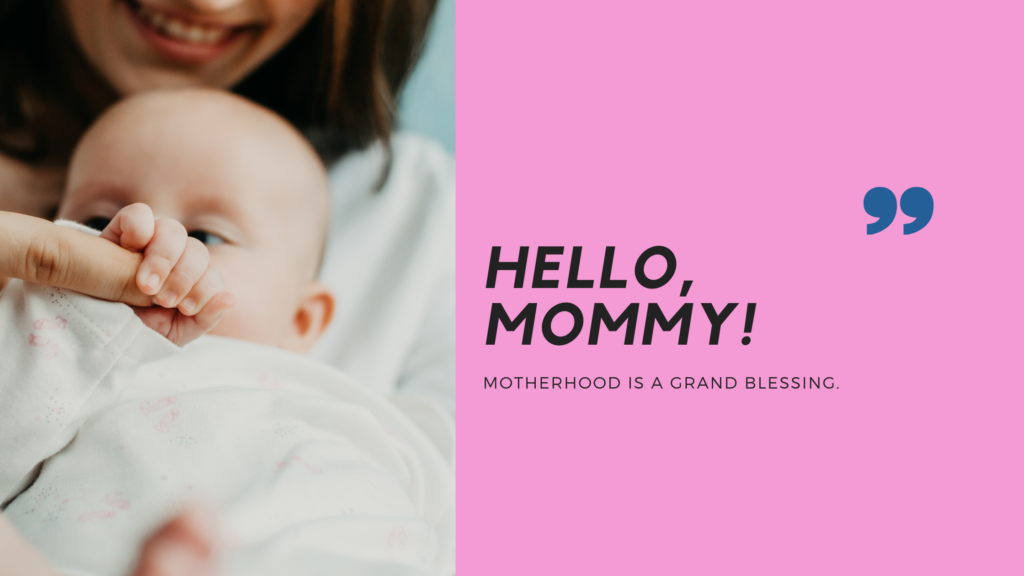
After giving birth, it is crucial to provide essential medical treatments and care to support the postpartum wellness and recovery of a woman. The postpartum phase consists of distinct stages, each necessitating specific medical attention and support. The following outlines the overall medical treatments and care required for each stage following childbirth:
Stages of the Postpartum Wellness and Recovery Journey
Immediate Postpartum (0-24 hours after birth):
- Monitoring: Close observation of vital signs, bleeding, and general recovery.
- Pain Management: Pain relief medications as needed after childbirth.
- IV Fluids: Administration of intravenous fluids to maintain hydration.
- Perineal Care: Wound care and management for any tears or episiotomy.
- Breastfeeding Support: Assistance with breastfeeding and latching if desired.
- Emotional Support: Support for the emotional well-being of the new mother.
Early Postpartum (1-6 weeks after birth):
- Postpartum Check-up: A follow-up visit with the healthcare provider to assess healing and recovery.
- Pain Management: Continued pain relief as needed.
- Wound Care: Continued care for perineal healing or C-section incision if applicable.
- Birth Control Options: Discussion of birth control methods if planning to prevent pregnancy.
- Mental Health Support: Screening and support for postpartum depression or anxiety.
- Pelvic Floor Exercises: Guidance on pelvic floor exercises to promote healing.
Late Postpartum (6 weeks and beyond):
- Postpartum Check-up: Another follow-up visit to ensure complete recovery and address any concerns.
- Contraception: Further discussion and implementation of birth control if desired.
- Pap Smear and Breast Exam: Screening for cervical cancer and breast health.
- Nutrition and Exercise: Guidance on maintaining a healthy lifestyle after childbirth.
- Emotional Support: Continuation of mental health support and resources if needed.
- Family Planning: Counseling and education on family planning and future pregnancies.
Throughout the postpartum period, individual medical needs and recovery rates may vary, and women should communicate with their healthcare providers to receive personalized care and support. Postpartum care is crucial for the well-being of both the mother and the newborn, ensuring a smooth transition into motherhood and promoting optimal health for the entire family.


